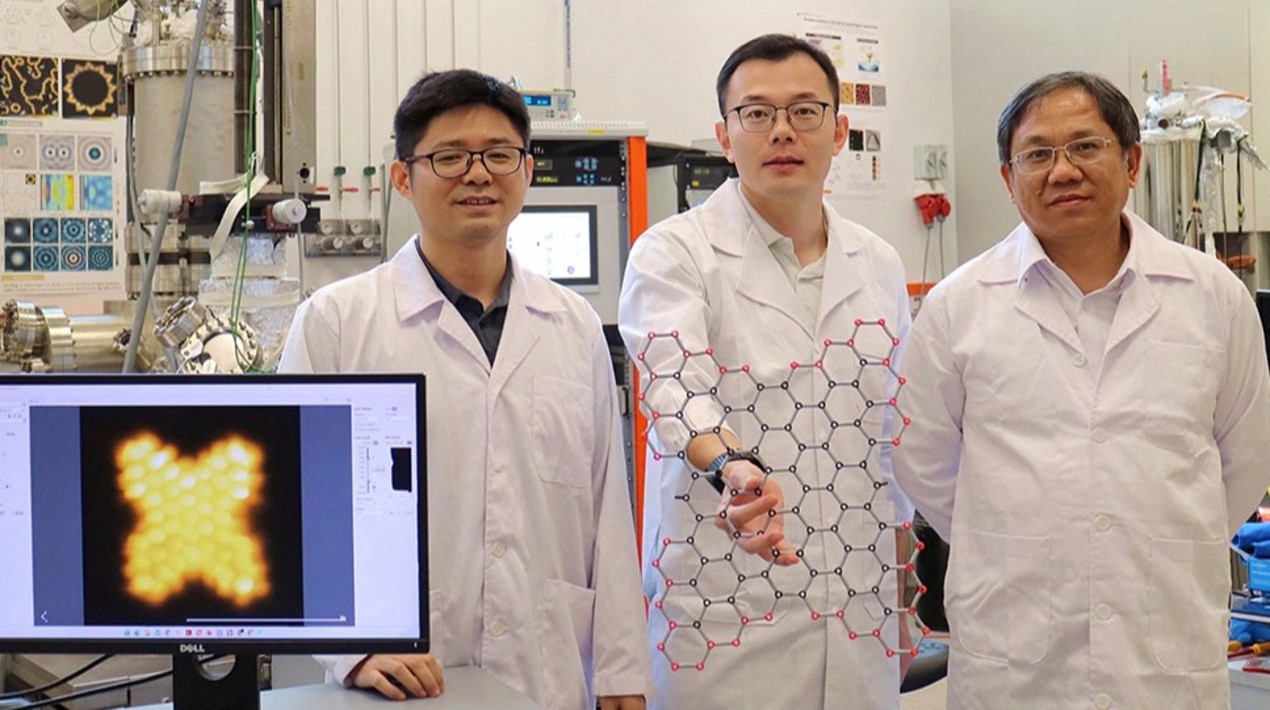
The second session (report on first session) of the invite only OpenGov Asia Breakfast Dialogue on the topic of working towards greener data centres in the healthcare sector was held at St Regis Singapore on the 25th of August 2016. ICT professionals from the healthcare sector in Singapore shared about their experiences on operating data centres in their respective organisations as well as insights on monitoring the overall health of their data centres.
Mr. Mohit Sagar, Editor-in-chief of OpenGov Asia and dialogue moderator started things off by explaining the dialogue format and introducing Mr. Greg Boorer, CEO, Canberra Data Centres, Australia who was also the invited guest speaker for the event.
Mr. Bernard Tan, Regional Manager, Data Centre Software (Singapore, Taiwan and the Philippines), Schneider Electric, provided a brief background of the challenges of operating data centres: compliance with new green standards, the increasing demands to support Bring Your Own Device (BYOD) and managing big data. Data centres need to be robust, scalable but also handle day-to-day operations. However, the bigger concern is that data centres consume huge amounts of energy and that has a detrimental impact on the environment. There is an imperative towards green data centres not just from an environment standpoint, but also from a cost-savings and competitive edge standpoint.
Guest speaker Mr. Boorer posed some a thought-provoking question to the floor: how can organisations/agencies design and build data centres which are scalable and future-proof?
Dialogue questions and discussion

Mr. Ong Sing, Senior Manager for Management Information Systems, Ang Mo Kio-Thye Hua Kwan Hospital, is working on setting up a new data centre for his organisation and was keen to learn from other delegates about the best practices for building and maintaining data centres.
When the question on whether there was a baseline PUE for their respective organisations, 20% replied “yes”, 40% replied “no”, 40% replied “I don’t know” and none replied “working on it”. This was expected compared to 47% of the delegates from government who replied “yes” from the previous day’s dialogue.
Compared to the event the day prior with mostly delegates from the public sector/agencies which had green data centre guidelines to comply to, the demands on the healthcare sector data centres are not as stringent but Mr. Sagar pointed out that the green standards would be pushed on to the private sector in due time.
83% of the delegates polled did not know about the current PUE (Power Usage Effectiveness) levels of their data centres, almost 2 times higher compared to the previous day’s polling results on the same question. This was also not surprising as the green data centre guidelines by IDA to achieve a 2.2 or lower PUE for government agencies was currently not a requirement for the healthcare sector.
In terms of challenges faced by the delegates when running data centres in their respective healthcare organisations, some common issues surfaced:
Concerns on capacity, availability
83% of the delegates expressed that this was an area of concern for them as their organisations are typically running and maintaining data centres that range between 10 years to as high as 30 years old and there is a constant worry about whether there will be enough capacity for future expansion.
Mr. Boorer suggested that while upkeeping the data centre is a given, organisations need to have a ‘plan B’ or redundancy plans in place in the event of disasters and other emergencies.
Aging infrastructure
Related to the earlier concern, most delegates are running data centres in their organisations that are at least a decade old. Mr. Bernard Tan proposed that IoT and sensor technologies can help to improve cooling processes for current data centres, which can lead to potential energy and cost savings.
Planning and executing the upgrade of the data centre facility

Mr. Christopher Chan, Assistant Director, Infocomm Technology, People’s Association (PA) talked about the challenge of juggling daily IT operations and upgrading of data centres.
66.7% of the delegates expressed that upgrading their current data centre facilities was a pain point, which was not far off from the 47% reflected by the delegates from the previous day. Challenges faced by the delegates include integrating older data centre systems and not having sufficient time to look at upgrading systems due to ongoing projects and day-to-day operations.
Consolidation and continuous monitoring of health of data centres
An effective way of improving the energy efficiency and reducing energy costs of current data centres is to look into the migration of existing smaller servers into larger consolidated servers and cutting off power from abandoned or obsolete servers. In addition, organisations should carry out their due diligence in terms of removing or decommissioning older legacy systems that may no longer be relevant or useful.
By using technologies like metered Power Distribution Units (PDU), temperature and humidity sensors and power management tools to continuously monitor the health of data centres, both private and public sectors can improve their data centre PUE levels to comply to green standards. The aim is to reduce overall energy consumption by data centres, which took up 3% of the global electricity supply in 2015. In Asia Pacific, it is especially crucial as the region consumed 26.5% of the worldwide electricity supply for data centres.




















